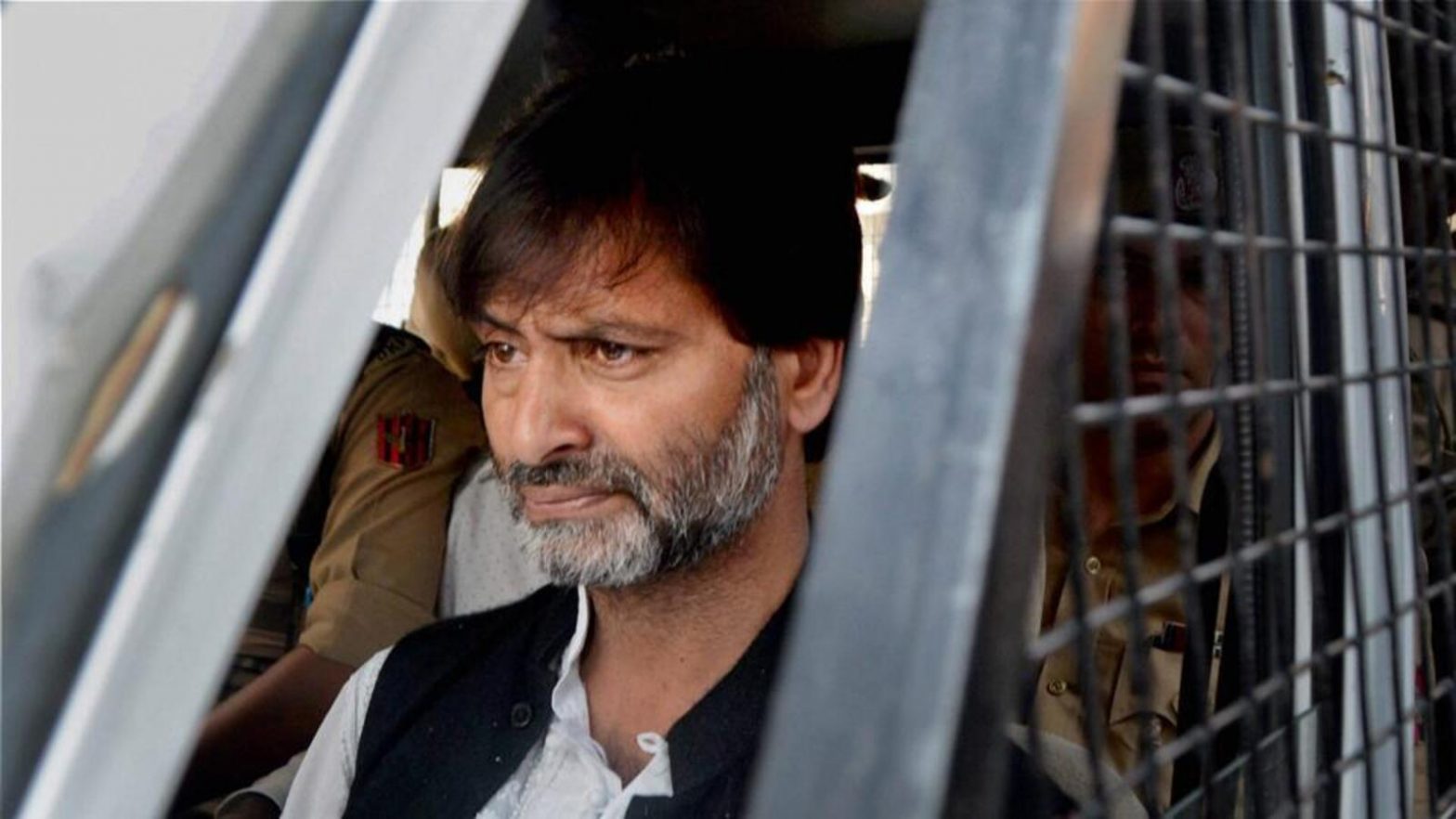New Delhi: The Supreme Court has permitted jailed Jammu and Kashmir Liberation Front (JKLF) chief Yasin Malik to cross-examine witnesses via video conferencing, overturning a Jammu court’s order that mandated his physical presence for trial proceedings.
Malik is currently on trial for his alleged involvement in the 1990 killing of Indian Air Force officers in Srinagar and for the 1989 kidnapping of Rubaiya Sayeed, the daughter of the then Union Home Minister Mufti Mohammad Sayeed.
The Supreme Court’s decision came after the Central Bureau of Investigation (CBI) requested that Malik be allowed to participate in the cross-examination using video conferencing facilities available in Tihar jail. A bench of Justices Abhay S. Oka and Ujjal Bhuyan considered reports from the Registrar General of the Jammu & Kashmir and Ladakh High Court as well as the Delhi Jail Superintendent regarding the operational status of these facilities.
The CBI argued against transporting Malik to Jammu and Kashmir for security reasons and contested a production warrant issued by the Additional Sessions Judge in Jammu related to the two cases of abduction and murder. The Supreme Court has since stayed the Jammu court’s order.
In November 2024, Solicitor General Tushar Mehta informed the apex court that Tihar jail has a fully functional courtroom equipped for video conferencing. He emphasized the security concerns regarding Malik’s transport and shared a photograph showing Malik with Hafiz Saeed, the founder of the Lashkar-e-Taiba (LeT) terrorist organization, arguing that Malik is not an ordinary criminal.
Malik is already serving a life sentence in a separate terrorism-related case, for which he has admitted his guilt.

